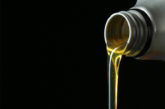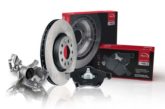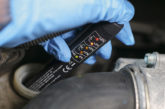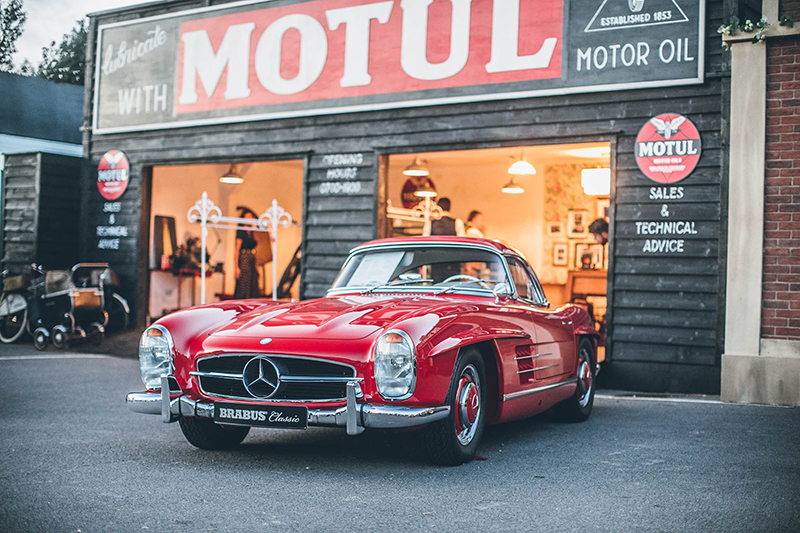
Motul outlines how the burgeoning classic car market presents a great opportunity for workshops to perform oil changes this summer.
Classics are not always going to be the daily drive for their owners, and the better weather of the summer – and the lead up to it – are prime periods for classic car owners to be using their cars. As autumn progresses, many classic vehicle owners will be looking to lay up their vehicles for the winter and offering the opportunity of a workshop service before this time could also prove appealing, so that cars go into “hibernation” in optimum condition.
Targeting owners during these particular periods could well be an investment of marketing time that pays dividends.
Motul was one of the first brands to launch a specialised classic oil range, back in 2008. These dedicated products have been developed with detergent levels that are adapted to better suit old engines and, where necessary, additives to prevent potential problems as well as promote optimal running. These lubricant ranges cover everything from Pre-War vehicles all the way up to ‘youngtimers’ (also often referred to as Modern Classics in the UK/USA).
The key characteristics of each oil, are designed to tie in with the specific requirements of engine of their period. Using the Motul range as an example, what follows will give an idea of what key points to look out for with use with classics of specific eras:
Older cars
1900s-1950s SAE30 & SAE50
- Suitable for engines – and gearboxes – built between 1900 and 1950
- Mineral monograde lubricant with very low detergent level for a complete compatibility with paper/felt/fabric gaskets
- The low detergent level avoids soot and deposits removing in the lubricating circuit
- Can also be used as break-in oil if drain intervals are shortened
- It offers complete compatibility with nonferrous metals such as brass, bronze and copper
- Reinforced adherence for easier starting even after a long period of immobilisation
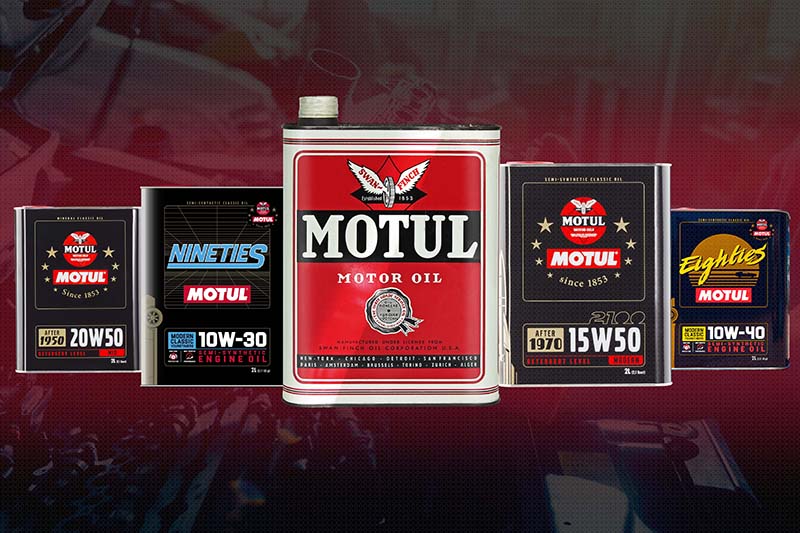
1950s-1970s Classic Oil 20W50
- Specially designed for engines built between 1950 and 1970
- Mineral multigrade lubricant with midlevel detergents, compatible with engines which have elastomer gaskets
- 20W50 oil meets standards of the 1950- 1970 period (API SF/CC) while benefiting from modern technology
- Viscosity suited to engines with narrow running clearances
- Good anti-corrosion and anti-wear properties
1960s Classic Oil 2100 15W-50
In 1966 Motul produced 2100, which was the first semi-synthetic lubricant in the automotive market. This is an updated version of that famous semi-synthetic oil, now developed for naturally aspirated and turbocharged original engines built after 1970.
- Formulated for modern technology detergent levels
- 2100 15W50 meets recent standards (API SH/ CF) and offers a better cold viscosity in order to reduce wear during engine start
- Lubricant reinforced with a synthetic base (oxidation stability) allowing stay-in-grade viscosity for consistent engine oil pressure
Classic Eighties 10W-40 and Classic Nineties 10W-30
Semi-synthetic multigrade engine oils specially designed for modern classic and youngtimer vehicles from the 1970s, 1980s, and 1990s fitted with 4-stroke engines, fuelled by either Petrol or Diesel – naturally aspirated, supercharged or turbocharged, injection or carburetor.
- High-zinc (ZDDP) content for protection and Molybdenum for performance
- Suitable for original or rebuilt engines
- Unique formula, reinforced with synthetic base oils, provides excellent cold flow properties to prevent engine wear during start-ups and offers excellent cold-flow properties
- Additives package also brings excellent long-term storage protection for those periods when driving for fun just isn’t possible
Working with “youngtimers”
Cars from the 1970s to 2000, have become available to enthusiasts at a lower level of investment compared to earlier vehicles and, in turn, have become increasingly collectable. There is a line of thought from historic vehicle specialists that this market truly began when manufacturers started to replace chrome with plastic.
Modern classic/youngtimer vehicles are driven for fun, with passion, and by owners with an interest in collecting them – especially sport or premium/limited edition models.
Typically, owners of these cars are young men and women under 40 who fully immerse themselves in this retro world, and, just like their counterparts with what are more traditionally considered classic cars, their love of their cars means that they attitude is not largely governed by price, but much more by quality.
The market is estimated at almost 10 million cars, of which there are hundreds of thousands in the UK.

